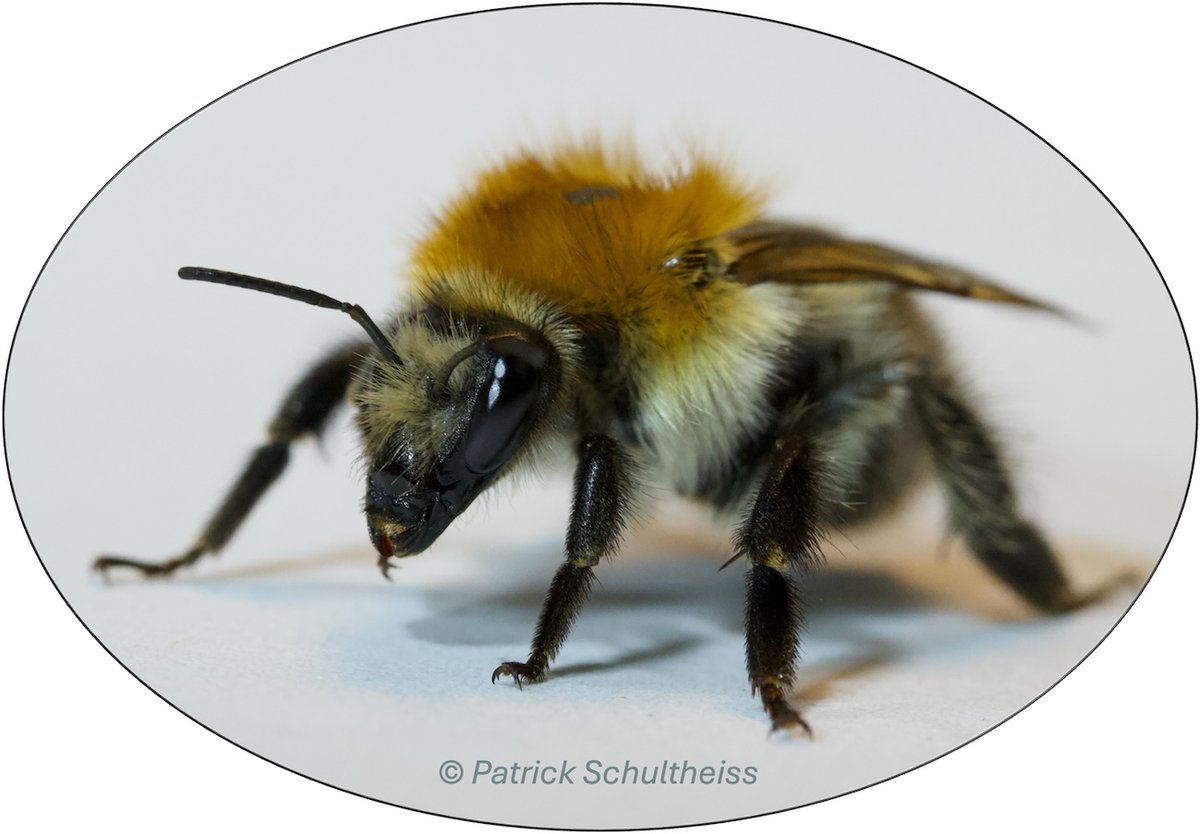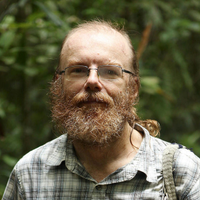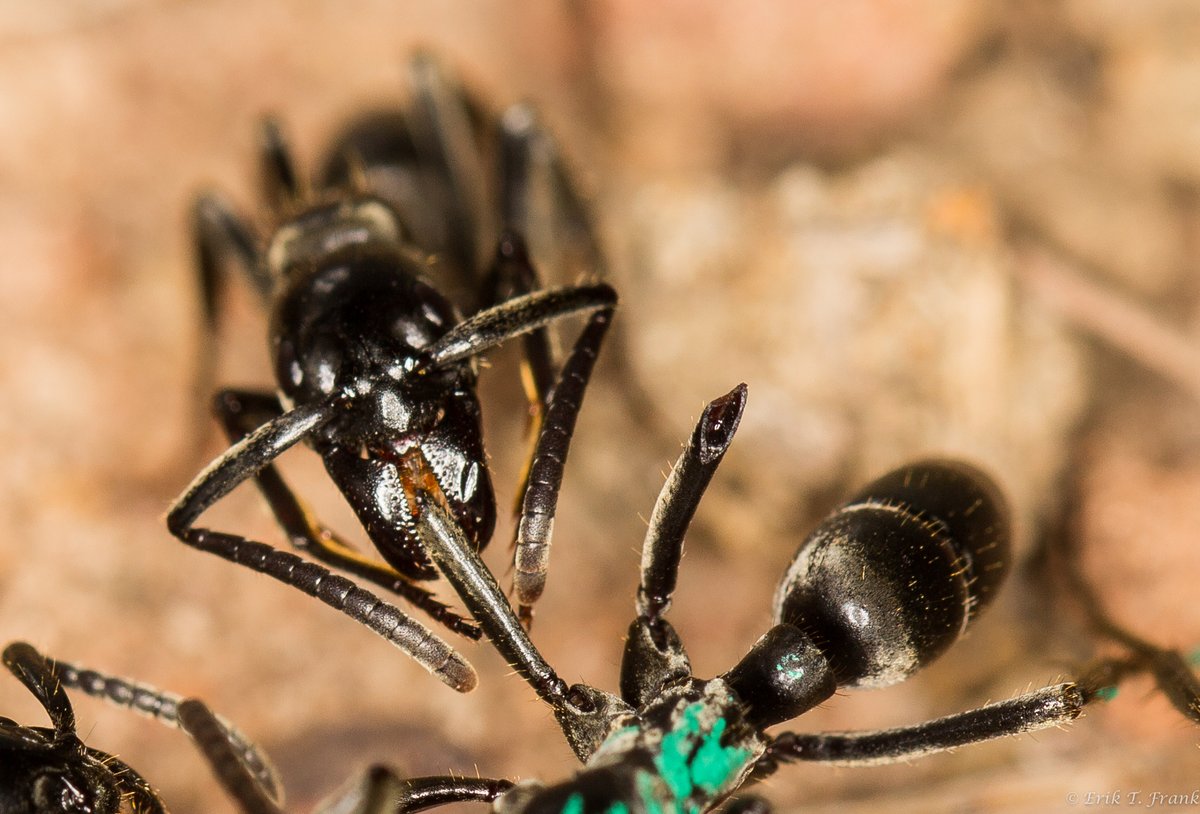
Sabine Nooten
@sabinenooten
Insect ecology, functional traits & environmental change; habilitation position @Uni_WUE
ID: 2827446475
https://sabinenooten.wordpress.com 23-09-2014 04:34:24
44 Tweet
165 Followers
125 Following

Check out our latest publication @PNAS, in which we calculate the number of #ants on Earth. pnas.org/doi/full/10.10… Patrick Schultheiss, Runxi WANG 王润玺, Mark Wong, @MyrmecoFrank, Benoit Guénard

Jan Buellesbach Jan Buellesbach presents his exciting research on chemical communication in social insects at the weekly Seminar Series #ants #termites #ChemEcol Zoology III Würzburg Universität Würzburg #UniWürzburg
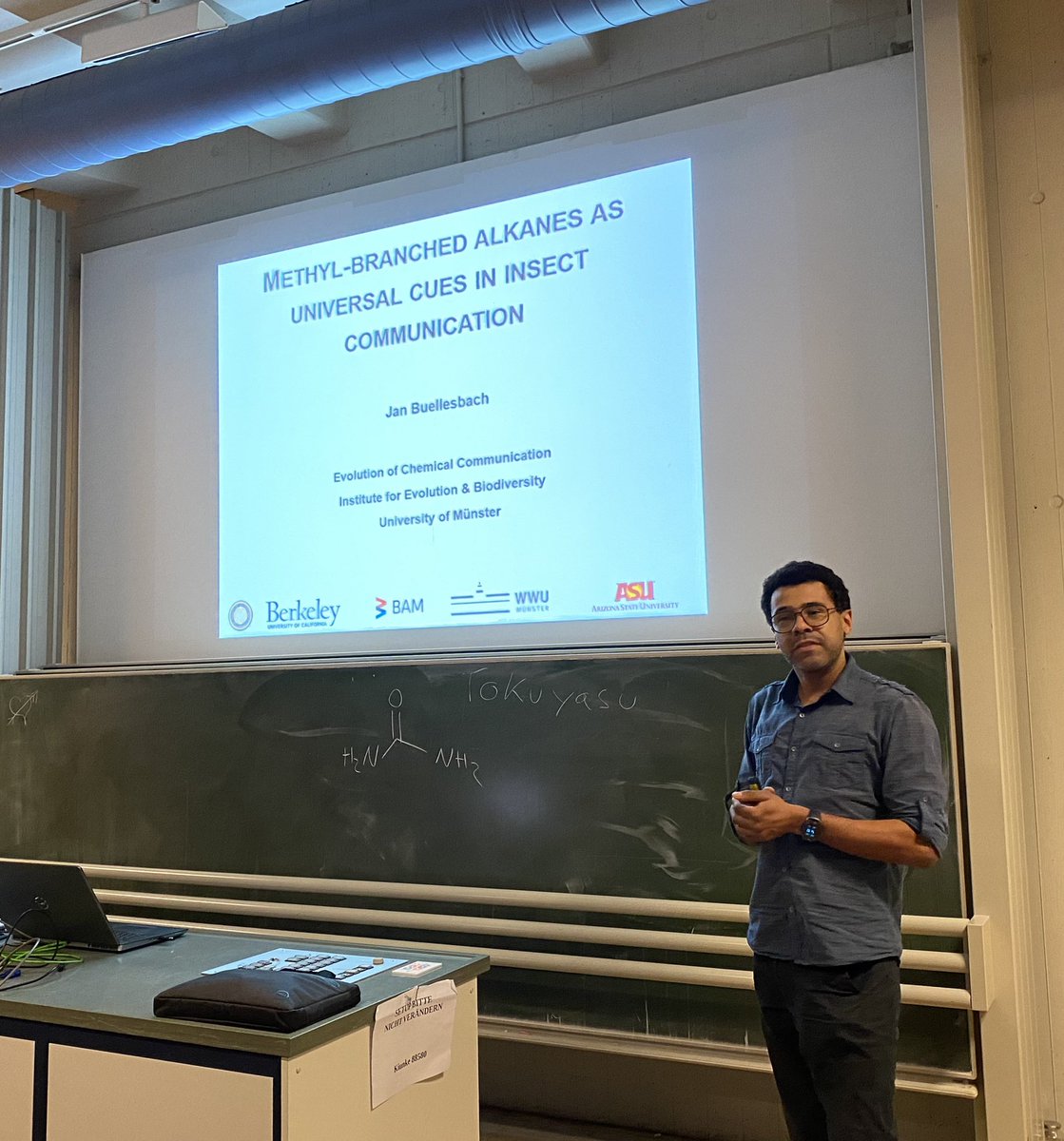

We are seeking a PhD student interested in working at the intersection of science and practice. In this exciting project, we assess the use of the endophytic fungi Epichloë for plant protection in grasslands🌱& toxic effects on insects 🦗& livestock 🐮 Apply 9th Nov Jochen Krauss



Are you interested in studying pollinators 🐝🌼in agricultural systems & assess ways to protect them? Do you love fieldwork & working at the intersection between science and practice? Then Zoology III Würzburg is looking for you! Join our team as PhD researcher. Deadline 05/02/2023




New fully funded PhD project available. We're interested in whether silicon accumulation can help plants resist attack by herbivorous pests while they also experience abiotic stress. Fantastic opportunity to collaborate with Sue Hartley. #siliceousplants
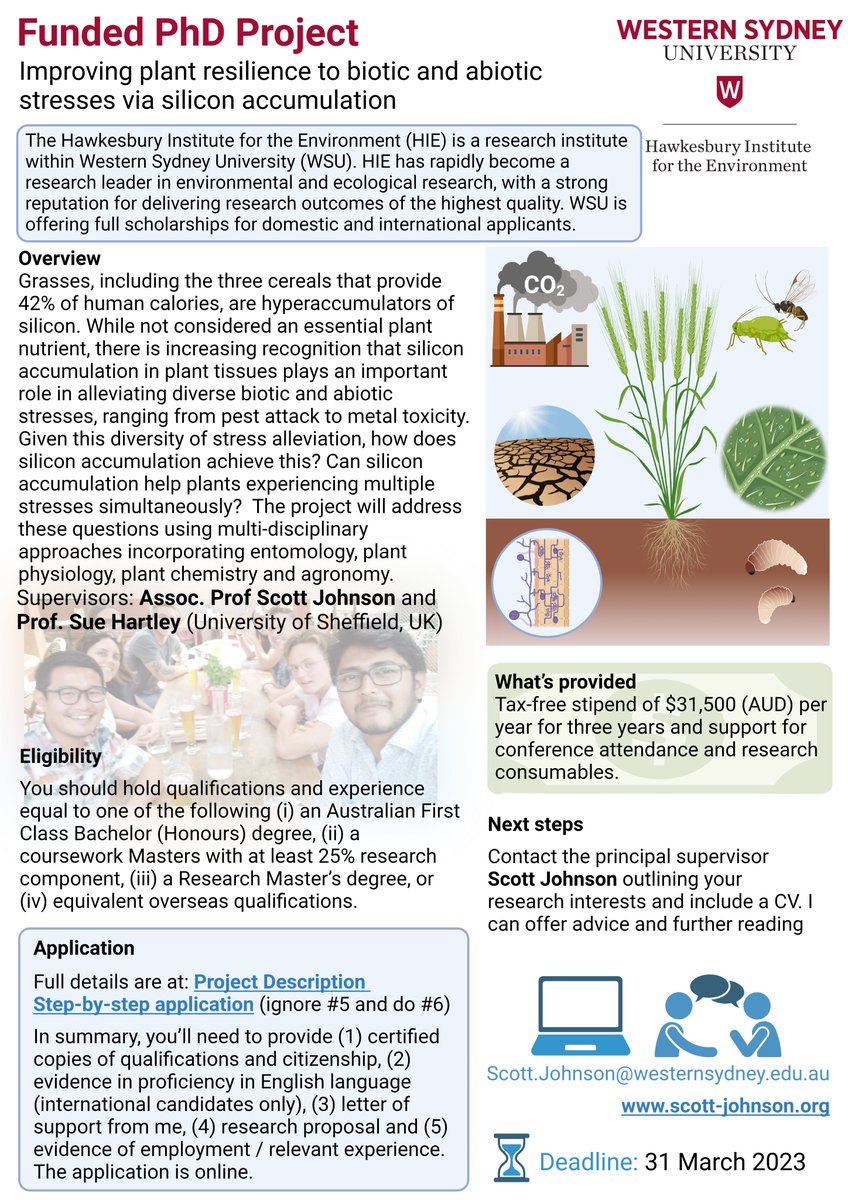


Exciting new paper on the global biomass of wild mammals pnas.org/doi/10.1073/pn…, put into context in this weeks’ Science News science.org/doi/epdf/10.11… by Elizabeth Pennisi Elizabeth Pennisi


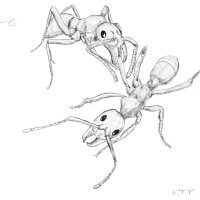
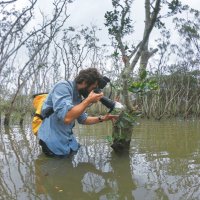

I am excited to share our new publication on #ants #traits: we developed a new method to exclude ants by body size in the field. Now we can quantify their ecological contributions by body size groups. Taylor Bogar; Benoit Guenard; photo François Brassard; sciencedirect.com/science/articl…


New paper on heat wave effects on bumblebees. Heat stress can reduce their sense of smell by up to 80%, and they don't even recover after 1 day. royalsocietypublishing.org/doi/10.1098/rs… Check out the Science News piece by Rodrigo Pérez Ortega Rodrigo Pérez Ortega science.org/content/articl….
